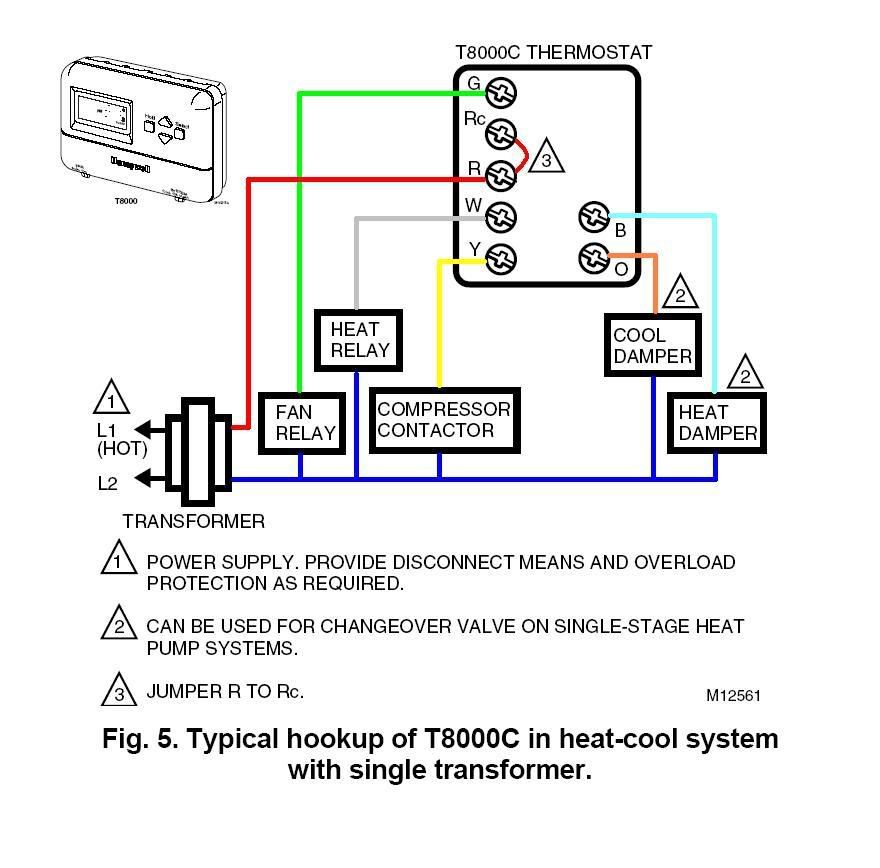Room Thermostat Wiring Diagrams are essential tools for anyone working with heating, ventilation, and air conditioning systems. These diagrams provide a visual representation of the electrical connections within a thermostat system, helping technicians to troubleshoot issues and ensure proper installation.
Why Room Thermostat Wiring Diagrams are Essential
- Helps identify the components of the thermostat system
- Guides the installation process
- Aids in troubleshooting electrical issues
- Ensures safety by showing proper wiring connections
How to Read and Interpret Room Thermostat Wiring Diagrams
Reading a Room Thermostat Wiring Diagram may seem daunting at first, but with some practice, it can become second nature. Here are some tips to help you interpret these diagrams effectively:
- Identify the various components of the system, such as the thermostat, heating/cooling system, and power source.
- Understand the symbols used in the diagram, such as lines, dots, and letters, to represent different electrical connections.
- Follow the flow of electricity from the power source through the system to ensure all connections are correct.
Using Room Thermostat Wiring Diagrams for Troubleshooting
Room Thermostat Wiring Diagrams are invaluable tools when it comes to troubleshooting electrical problems in a thermostat system. By following the diagram, technicians can easily identify faulty connections, damaged wires, or malfunctioning components that may be causing issues. Some common troubleshooting steps include:
- Checking for loose or disconnected wires
- Testing electrical connections with a multimeter
- Replacing damaged components as needed
It’s important to note that safety should always be a top priority when working with electrical systems and using wiring diagrams. Here are some safety tips to keep in mind:
- Always turn off the power source before working on any electrical components.
- Wear appropriate safety gear, such as gloves and goggles, to protect yourself from potential hazards.
- Follow proper wiring practices and adhere to local building codes to ensure a safe and reliable installation.
Room Thermostat Wiring Diagram
Room Thermostat Wiring Diagram Honeywell

Guide to wiring connections for room thermostats

Thermostat Wiring Diagram Honeywell

Cync Thermostat Wiring Configuration and Installation Guide

Honeywell T6360b1028 Room Thermostat Wiring Diagram – Wiring Diagram
Wiring Diagram For Ac Unit Thermostat
